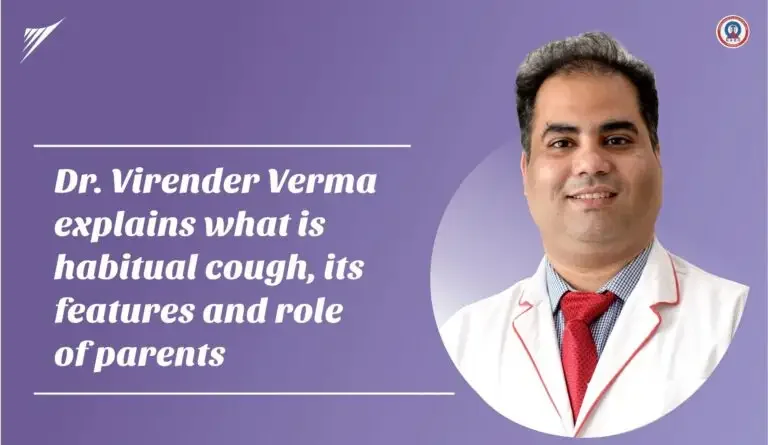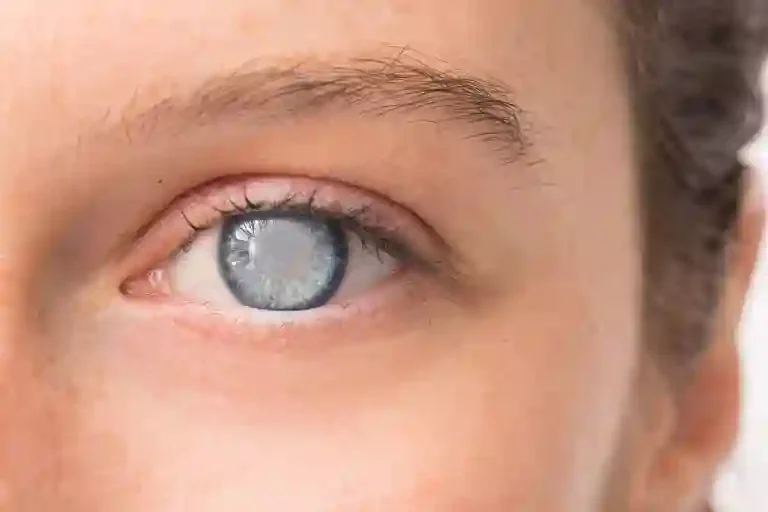You must have encountered a simple but troublesome problem with your child. The kid keeps on coughing in small bouts, which are generally not severe but a cause of concern for the parents. The parent seeks medical advice multiple times. Fill the child with multiple cough syrups, expectorants, or antibiotics, but with little relief.
What is a Habit Cough?
It is a cough that occurs in the absence of any underlying disease. Most frequently it affects school-age children, usually those in the age group of 4-11yr.
Causes of Habit Cough
It is usually loud, harsh, honking, or barking. It may follow a viral illness, but go on for weeks, months, or even, in extreme cases, years.
It can occur many times in a minute and often becomes more severe when other people, such as parents, teachers, and health care providers, are around. Even though the habit of cough can sound harsh, the child is quite comfortable between coughing bouts unless he has a conversion disorder.
Classically, a habit of a cough only occurs when the child is awake.
Habit cough is not associated with breathing difficulty or wheezing (musical sounds while breathing).
A specific character about cough is that the parent of the child is either over concerned or they scold the child a lot. The child is generally a pampered one.
Treatment Plan and Role of Parents
- Reassurance that the cough is not serious and will go away helps resolve the symptoms.
- Habit cough is a manifestation of perceived stress or anxiety. Your child might be able to isolate this stress by identifying situations in which the cough gets worse. For example, bullying in the schoolyard and traveling to and from school is a common trigger of habit cough.
- Coughing can irritate the airways and lead to more coughing, so try to break the cycle. The use of cough lozenges (Strepsils or Vicks) or a sip of water can help.
- It is important to give positive reinforcement in the form of praise and positive comments when there is any evidence that the cough is diminishing.
By Dr. Virender Verma
Consultant Neonatologist
Wockhardt Hospitals, Mira Road












